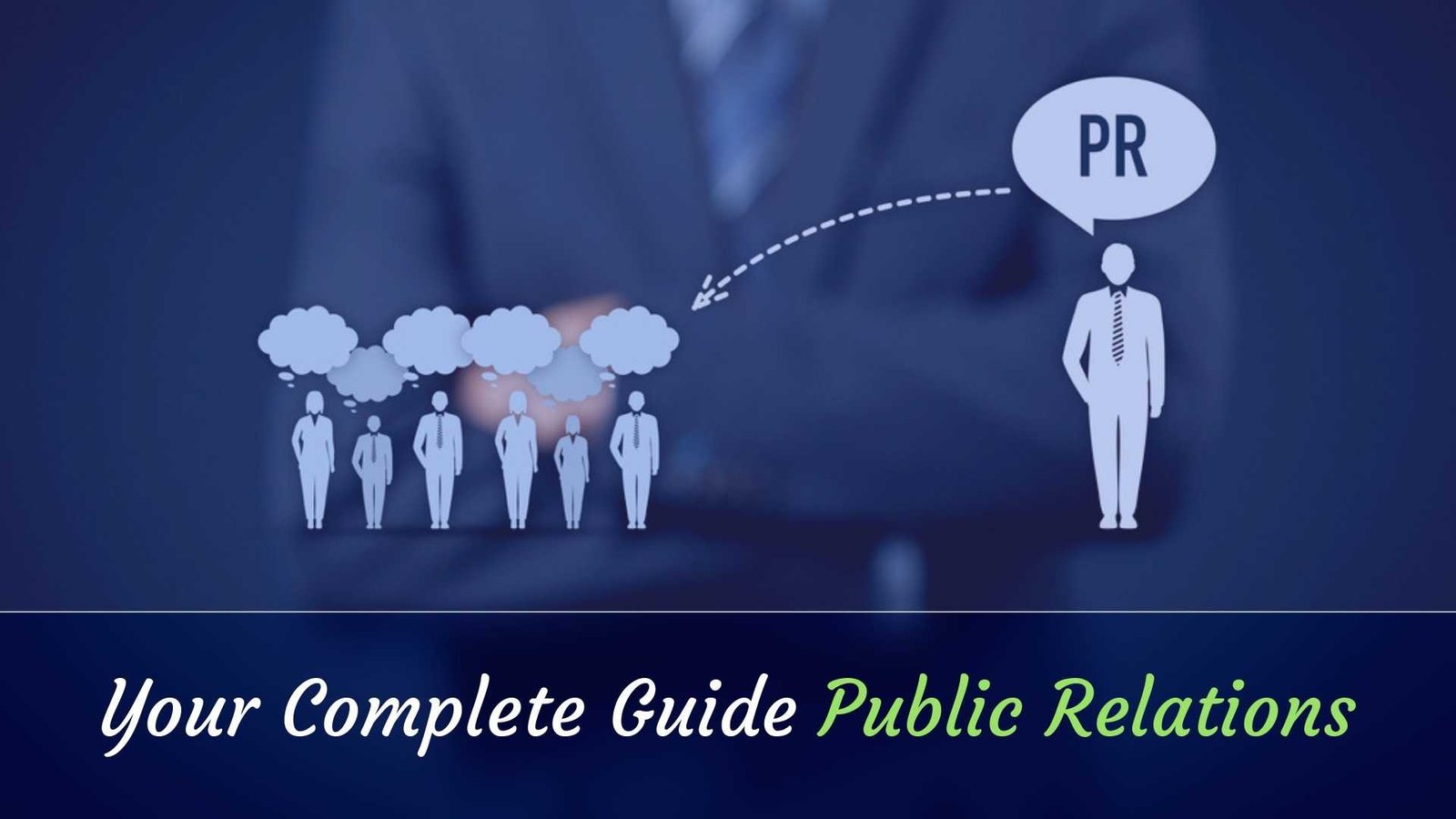Introduction
In today’s digital age, receiving unwanted calls from numbers like 1-305-209-9818 has become increasingly common. You might find it surprising to learn that telemarketing scams and robocalls affect millions of people each year. These calls can be not only annoying but also potentially harmful if they involve fraudulent activities. This article aims to provide you with crucial information about the number 1-305-209-9818, its possible association with telemarketing or robocalls, and how you can protect yourself from these intrusive calls.
Understanding Telemarketing and Robocalls
Defining Telemarketing and Robocalls
Telemarketing involves businesses contacting potential customers to promote products or services. These calls are often made by human agents who aim to make a sale or gather information. Robocalls, on the other hand, use automated systems to deliver prerecorded messages. While telemarketing is legal under certain conditions, robocalls are heavily regulated due to their intrusive nature.
Common Tactics Used in Telemarketing Scams
Telemarketers and robocallers employ various tactics to manipulate or deceive individuals. Some common scams include:
- The Grandparent Scam: This scam involves a caller pretending to be a grandchild in urgent need of money, creating a sense of emergency.
- The Prize Scam: Victims are informed that they’ve won a prize but must pay a fee or provide personal information to claim it.
- Phantom Debt Scams: Scammers claim that the victim owes money and threaten legal action to scare them into payment.
Why Telemarketers and Robocallers Target Individuals
Telemarketers and robocallers target individuals for various reasons:
- Profit Motive: Many are looking to sell products or services.
- Data Harvesting: Scammers seek personal information for identity theft.
- Broad Reach: With minimal cost, they can contact a vast number of people, increasing their chances of a successful scam.
Recognizing the Signs of a Telemarketing or Robocall
Red Flags Indicating a Potential Scam
Identifying scam calls can be challenging but knowing the red flags can help:
- Urgency: Scammers often create a false sense of urgency to pressure you into making quick decisions.
- Pressure Tactics: They may use high-pressure sales tactics or insist on immediate action.
- Requests for Personal Information: Legitimate organizations rarely ask for sensitive information over the phone.
How to Identify and Avoid These Tactics
To protect yourself from scams:
- Be Skeptical: If the caller is pushing for immediate action, be cautious.
- Verify Information: Hang up and contact the organization directly using verified contact details.
- Avoid Sharing Personal Details: Never provide personal or financial information over the phone unless you initiated the call and are sure of the recipient’s identity.
Protecting Yourself from Telemarketing and Robocalls
Practical Tips for Protection
Here are some effective strategies to safeguard yourself:
- Register with the National Do Not Call Registry: This can reduce the number of unsolicited calls you receive.
- Use Call Blocking Features: Many smartphones and service providers offer features to block unwanted numbers.
- Be Cautious with Unknown Calls: If you don’t recognize the number, let it go to voicemail.
Importance of Staying Informed
Staying informed about the latest scams and fraud tactics can help you recognize and avoid potential threats. Regularly updating your knowledge and using protective measures can significantly reduce the risk of falling victim to scams.
What to Do if You Receive a Call from 1-305-209-9818
Specific Advice for Handling Calls from 1-305-209-9818
If you receive a call from 1-305-209-9818, follow these steps:
- Do Not Provide Personal Information: Never share sensitive data such as your Social Security number, bank details, or address.
- Hang Up Immediately: If you suspect the call is a scam, disconnect promptly.
- Report the Call: Notify the appropriate authorities to help track and shut down scam operations.
Potential Risks of Engaging with Telemarketers or Robocallers
Engaging with unknown callers can lead to:
- Identity Theft: Providing personal information may result in unauthorized access to your accounts.
- Financial Loss: Scammers may trick you into making payments or revealing financial details.
Reporting Telemarketing and Robocalls
How to File a Complaint
To report unwanted calls:
- Federal Trade Commission (FTC): File a complaint through the FTC’s website or call their hotline.
- National Do Not Call Registry: Report violations of the registry’s rules.
- State Agencies: Some states have their own agencies for handling telemarketing complaints.
Importance of Reporting
Reporting scam calls helps authorities track and combat fraudulent activities, protecting others from similar experiences. Your reports contribute to the broader effort of reducing telemarketing and robocall scams.
You May Also Like: How to Deal with 305-209-9818 and Other Robocalls
Conclusion
Understanding and handling calls from 1-305-209-9818 involves recognizing the nature of telemarketing and robocalls, identifying red flags, and implementing protective measures. By following the advice provided, you can safeguard yourself from potential scams and ensure that you respond appropriately to unwanted calls. Staying informed and vigilant is key to navigating the complex world of telemarketing and robocalls effectively.
FAQs
1. What should I do if I receive a call from 1-305-209-9818?
Hang up immediately and do not provide any personal information. Report the call to the FTC or your state’s consumer protection agency.
2. How can I protect myself from telemarketing scams?
Register with the National Do Not Call Registry, use call blocking features, and be cautious when receiving unsolicited calls.
3. What are some common tactics used in telemarketing scams?
Common tactics include creating a false sense of urgency, pressuring for immediate action, and requesting sensitive personal information.
4. How can I report a suspicious call?
You can report suspicious calls to the FTC, the National Do Not Call Registry, or your state’s consumer protection agency.
5. Why do telemarketers and robocallers target individuals?
They target individuals to sell products, gather personal information, or for other fraudulent purposes, often with minimal cost to them.











